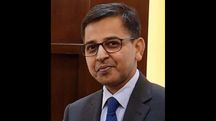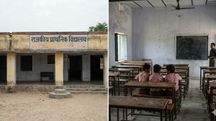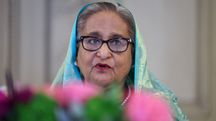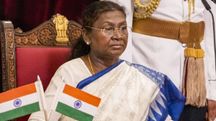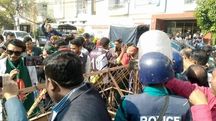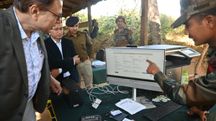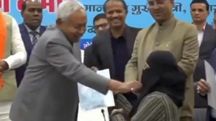Manipur High Court's order triggers deadly ethnic clashes, draws criticism from Congress leader and CJI
In his tweet, Jairam Ramesh condemned the "ideological brotherhood" and their "henchman in Manipur," as well as their "masters at the Centre" who are responsible for the human tragedy.
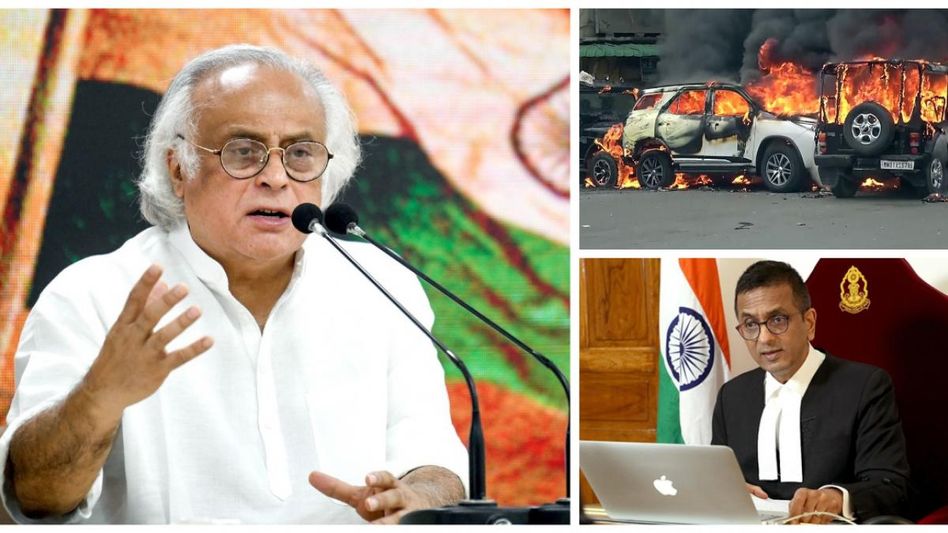 Manipur High Court's order triggers deadly ethnic clashes, draws criticism from Congress leader and CJI
Manipur High Court's order triggers deadly ethnic clashes, draws criticism from Congress leader and CJICongress leader Jairam Ramesh took to Twitter on May 9 to express his disbelief at the recent ethnic clashes in Manipur, triggered by a single judge of the state's high court. In his tweet, Ramesh condemned the "ideological brotherhood" and their "henchman in Manipur," as well as their "masters at the Centre" who are responsible for the human tragedy.
The controversy arose after the Acting Chief Justice of the Manipur High Court, MV Muralidaran, asked the Bharatiya Janata Party (BJP) government to consider petitions from the Meitei community, the state's majority group, to be included in the Scheduled Tribe (ST) category. The order, which was issued on April 19, sparked protests from tribal groups who opposed the demand.
The situation soon escalated into violent clashes, leaving at least 65 people dead and thousands displaced. In response, Chief Justice of India DY Chandrachud criticized the high court's order, stating that it did not have the jurisdiction to direct changes in the Scheduled Tribes list.
During a hearing on May 8, the Supreme Court heard two petitions related to the violence. One was filed by a BJP MLA challenging the high court order, while the other was filed by the Manipur Tribal Forum in Delhi, calling for an inquiry by a Special Investigation Team. The bench, led by Chief Justice Chandrachud, directed the Centre and the Manipur government to provide relief camps for those who were displaced, ensuring they have access to basic amenities, food, and medication.
The court also observed that several Supreme Court orders had previously stated that the high court does not have the power to direct a state government to consider designating a community as an ST.
Copyright©2025 Living Media India Limited. For reprint rights: Syndications Today
